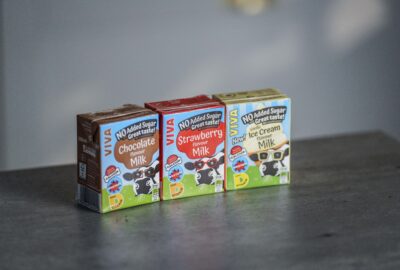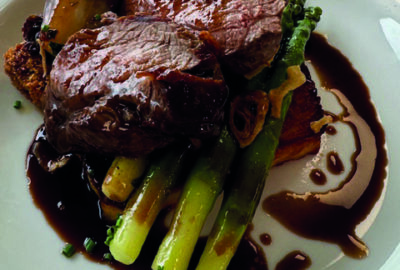In May, key players in the food industry pledged to take ground-breaking action to drive down food waste as part of the government’s ‘Step up to the Plate’ initiative. Richard Harrow, chief executive of the British Frozen Food Federation, was one of those who signed the pledge. Here he explains why drastic action is needed, and the significant role frozen food has to play in both waste reduction and climate change.
“Buying frozen food keeps longer than refrigerated food because the freezing process suspends the enzyme activity that causes food to rot. All this adds up to less food waste ending up in landfill. “In 2015 we worked with Cranfield University to produce the “Frozen Food and Food Security in the UK Report”. Greenhouse gas emissions (GHGE), consumer cost and waste production were calculated for four common shopping list items – cod, carrots, broccoli and potatoes. Typical fresh and frozen supply chains throughout the year were then compared.
“The study found that increasing the amount of food that is frozen could significantly reduce edible food waste in the supply chain, minimising the impact of that food waste. In addition, it calculated a potential waste saving of up to 79% if the entire supply chain for these four products was shifted to frozen. “The researchers found that any waste that was produced in frozen production occurred higher in the supply chain where it has less impact due to reuse and recycling options compared to fresh products wasted in the home, which often ends up in landfill. “Aside from waste reduction, frozen boasts a range of additional benefits in terms of locking in nutrients. Produce is picked at its peak and flash frozen to maintain flavour and, crucially, vitamins and minerals. As we look to a future where everyone has access to affordable, nutritious food, this facet of frozen will become increasingly important.” For more info visit: www.bfff.co.uk
- Food waste in the UK totals 10.2 million tonnes per year, of which 1.8 million tonnes comes from food manufacture, 1 million from the hospitality sector, and 260,000 from retail, with the remainder from households
- When Food ends up in landfill, it rots and produces methane which contributes to greenhouse gas emissions.
- Step up to the Plate commits to halving food waste by 2030 in line with UN Sustainable Development Goal 12.3.


